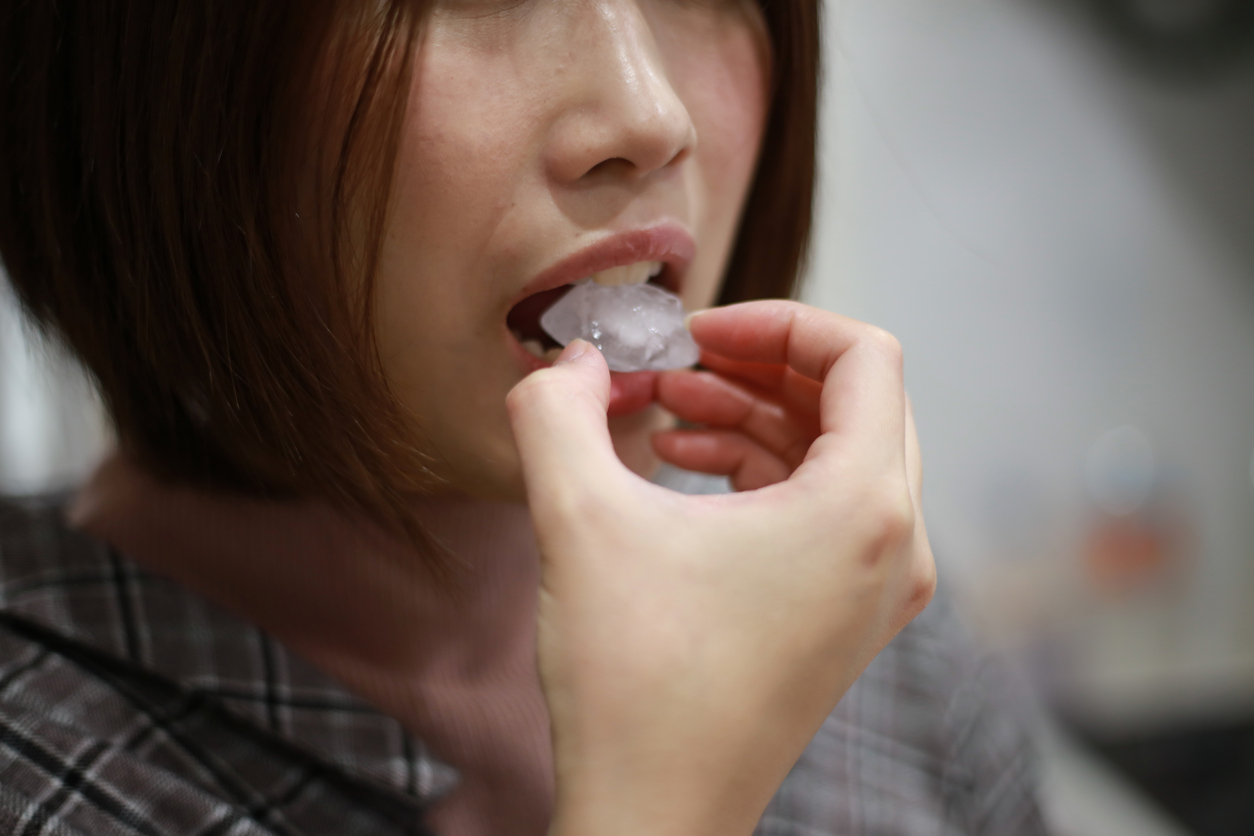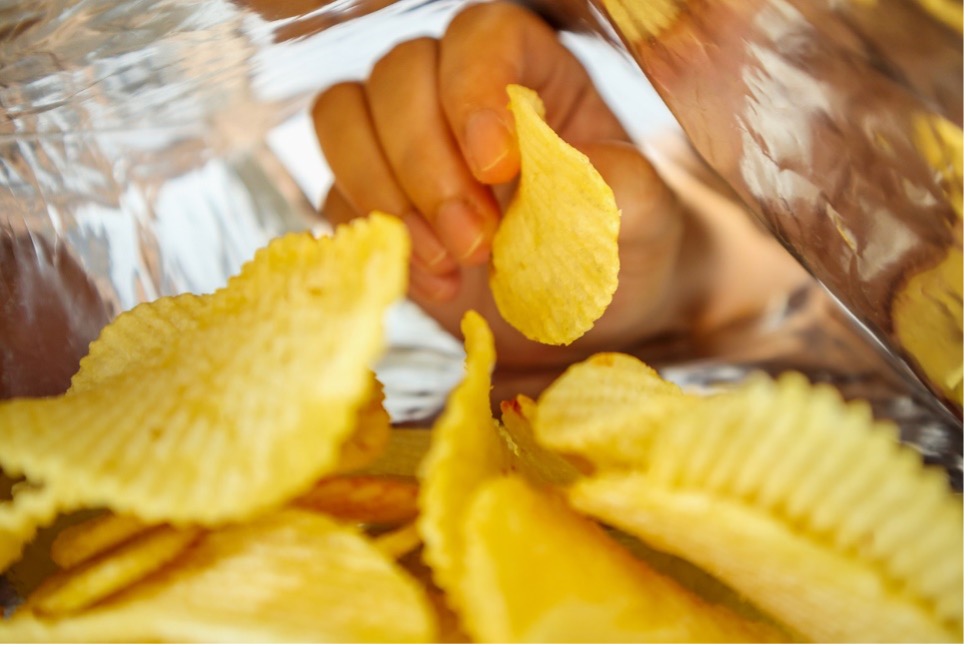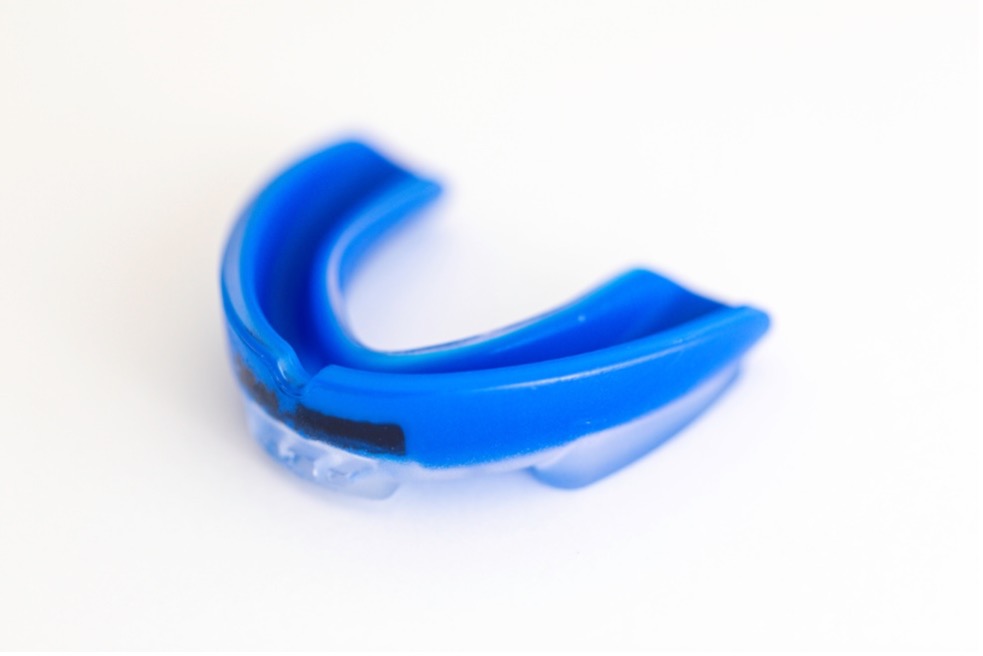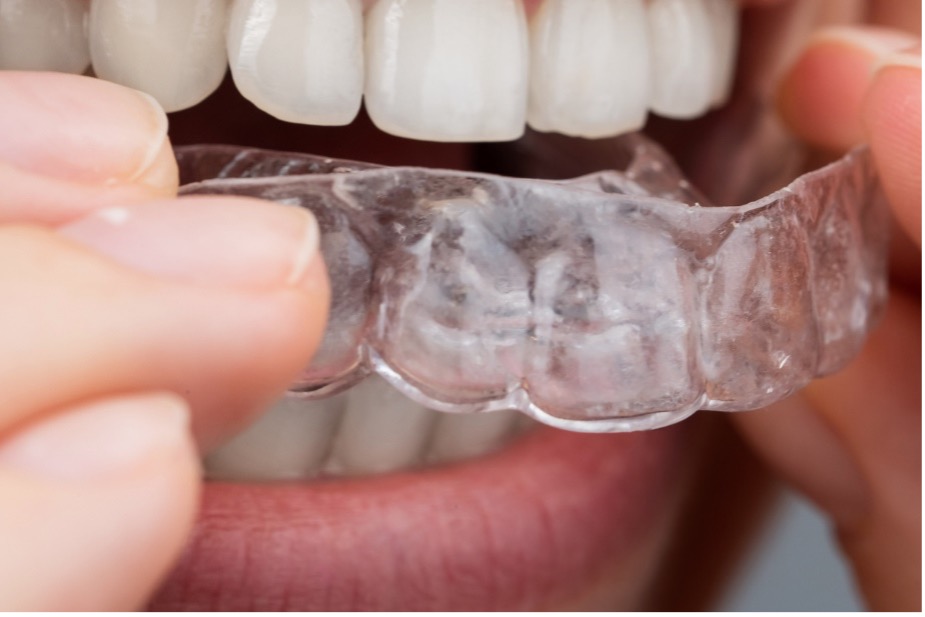
Your teeth are important for many reasons, including eating, speaking, and smiling. However, you may not realize that some of your daily habits could harm your teeth. Here are seven habits that can damage your teeth and tips on how to avoid them.
Chewing on Ice, Pencils, or Other Objects
Chewing on ice or other objects may seem harmless, but it can cause damage to your teeth. Chewing on ice can wear away the enamel of your teeth. Ice’s hard, cold texture can cause tiny cracks in your teeth, leading to more significant problems over time. Additionally, chewing on ice can irritate the soft tissue inside your teeth, leading to sensitivity and discomfort. To avoid damaging your teeth, try drinking cold beverages without ice or using a straw to avoid contact with your teeth.
While pens, pencils, fingernails, etc., may not be as hard as ice, chewing on them and other hard objects can cause damage to your teeth as well. Hard plastics like pens or anything with sharp edges can lead to hairline cracks in the enamel and injure the mouth’s soft tissues.
If you can’t control the biting, some alternatives for chewing on hard objects are chewing gum or putting pencil toppers on pencils that won’t damage the teeth.
Using Your Teeth as Tools
Many people use their teeth to open packages, tear off tags, remove bottle caps, or even crack open nuts. However, using your teeth this way can cause chips, cracks, or breakage. It’s essential to use the right tools for the job and avoid putting unnecessary stress on your teeth. Keep scissors, pliers, and other tools handy to avoid using your teeth as a substitute.
Drinking Acidic Beverages

Many popular beverages, such as soda, sports drinks, and fruit juices, are highly acidic and can erode tooth enamel over time. This erosion can lead to tooth sensitivity, discoloration, and even cavities. To protect your teeth, limit your consumption of acidic beverages and drink plenty of water to help neutralize the acid. You can also use a straw to minimize contact between the liquid and your teeth.
Chewing on Sticky, Chewy, or Hard Treats
In addition to being high in sugar, chewy and sticky or hard food treats leave particles stuck between your teeth, even more so when you have braces. If you don’t remove all food particles, you risk developing plaque buildup and getting cavities. Some examples of these foods are caramels, Starburst, Gummy Bears, licorice, and hard candies.
Snacking Frequently on Junk Food.
 Snacking frequently throughout the day can harm your teeth by exposing them to sugar and acid more often. When you eat, the bacteria in your mouth produce acid that can erode your tooth enamel. If you must snack, choose healthy options like fruits, vegetables, and cheese, and limit snacking to once or twice a day. Drinking water after snacking can also help rinse away any harmful substances.
Snacking frequently throughout the day can harm your teeth by exposing them to sugar and acid more often. When you eat, the bacteria in your mouth produce acid that can erode your tooth enamel. If you must snack, choose healthy options like fruits, vegetables, and cheese, and limit snacking to once or twice a day. Drinking water after snacking can also help rinse away any harmful substances.
Not Wearing a Mouthguard When You Play Sports

While playing sports, wearing a mouthguard is essential to your safety, even if you play non-contact sports like volleyball, tennis, etc.
Having a tooth knocked out is bad for both children and adults alike. By wearing a mouthguard, you could be saving yourself thousands of dollars and a lot of pain. You can read the article, Knocked Out Teeth, for more information. You can also read our blog, Oral Health as an Athlete Is Essential for more information about mouthguards and the types you can use.
Grinding Your Teeth.

Grinding your teeth, also known as bruxism, can cause significant damage to your teeth over time. It can wear down the enamel, cause tooth sensitivity, and even lead to jaw pain and headaches. Many people grind their teeth while they sleep, so if you suspect you may be doing this, talk to your dentist about getting a mouthguard to protect your teeth.
Final Words about Daily Habits
Habits are often things we do without really thinking about them. So, it will take some discipline to stop a daily habit that can damage your teeth. But you will be doing a lot to protect your teeth by avoiding the above habits.
And, if you are already undergoing orthodontic treatment, great! You are on the road to a healthier smile. But if you have been uncertain about starting orthodontic treatment, contact us now and schedule a Free Smile Evaluation.
Dr. David McDonough
McDonough Orthodontics

